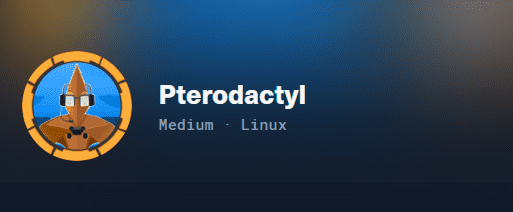Introduction: The Cybersecurity Illusion
Most people still picture cybersecurity as a guy in a hoodie typing fast in a dark room. But here’s the reality in 2025: the threats are smarter, the attacks are faster, and the defenses? They’ve evolved — but not evenly across all organizations.
As threat actors weaponize AI, and regulations get stricter, cybersecurity today is no longer about installing antivirus and calling it a day. It’s a proactive ecosystem built on layered defense, constant monitoring, and clear playbooks.
1. Understanding Today’s Cyber Threat Landscape
2025 has ushered in a new era of cyberattacks. A few stats to consider:
- Ransomware attacks are up 40% YoY, now using AI to bypass EDR tools.
- Phishing is now hyper-personalized, thanks to deepfake voice/video cloning.
- Insider threats are rising, especially in hybrid workplaces.
- Nation-state attacks are stealthier, targeting infrastructure and supply chains.
What this means: the attack surface has widened. Every endpoint, SaaS app, and contractor is now a potential doorway into your network.
2. The Core Pillars of Modern Cybersecurity
🔒 Governance, Risk, and Compliance (GRC)
It’s not just about ticking boxes anymore. A strong GRC framework helps businesses:
- Map risks to controls
- Align with standards like ISO 27001, NIST CSF, CIS v8
- Prioritize threats based on business impact
🧪 Vulnerability Assessment & Penetration Testing (VAPT)
Gone are the days of annual pen tests. In 2025:
- VAPT is continuous
- Tools like Burp Suite, Nessus, and OpenVAS are used alongside manual techniques
- Reporting is tied to remediation playbooks — not just findings
🛰️ Security Operations Center (SOC & G-SOC)
A well-run SOC is your digital fire department:
- 24/7 threat monitoring via SIEM, SOAR, and XDR
- Real-time alert triaging
- Coordination with threat intel feeds (e.g., MISP, MITRE ATT&CK)
Our Global SOC (G-SOC) adds worldwide intelligence to respond to region-specific threats faster.
🚫 Zero Trust Architecture
In 2025, perimeter-based defense is obsolete. Zero Trust means:
- Never trust, always verify
- Microsegmentation at the network level
- Strict identity and access control
3. How Companies Are Actually Defending Themselves
Real-world cybersecurity in 2025 is less about buying fancy tools — and more about integrating people, process, and platforms:
- Customized Playbooks for every incident type (ransomware, insider threat, phishing)
- AI-assisted detection, but always human-reviewed
- Simulated phishing and tabletop exercises for staff awareness
- Third-party managed services like our Resource as a Service (RaaS) model to extend internal teams without overhead
4. Cybersecurity That Works in 2025
Here’s what’s working right now:
| Strategy | Why It Works |
|---|---|
| Proactive Monitoring | Catch threats before impact via behavioral analysis |
| GRC Maturity Mapping | Focuses investment on real risk, not guesswork |
| 24/7 SOC Response | Stops breaches in minutes, not days |
| Zero Trust Access | Limits the blast radius of any intrusion |
| Regular VAPT Cycles | Finds weaknesses before attackers do |
5. Cybersecurity Misconceptions — Still Alive in 2025
Let’s clear the air:
- “We’re too small to be targeted.”
Attackers prefer small-to-midsize businesses. They’re easier targets and still valuable. - “Compliance equals security.”
You can pass an audit and still be wide open to threats. - “One-time assessments are enough.”
Threats evolve. So must your defenses.
6. What You Can Do Right Now
Here’s how to actually strengthen your organization’s cybersecurity today:
✅ Get a risk-based GRC assessment
✅ Deploy a SOC or G-SOC for 24/7 monitoring
✅ Conduct a VAPT on all internet-facing assets
✅ Build and test incident response playbooks
✅ Use Resource as a Service if you’re short on staff
✅ Educate your team with ongoing training & phishing simulations
Conclusion: Cybersecurity is a Business Strategy
In 2025, cybersecurity is less of an IT checklist — and more of a strategic advantage. Companies that integrate GRC, VAPT, SOC, and Zero Trust not only stay safe — they build customer trust and avoid millions in losses.
But you don’t have to do it alone.
📞 Or Book a free 30-minute security gap consultation with our experts


